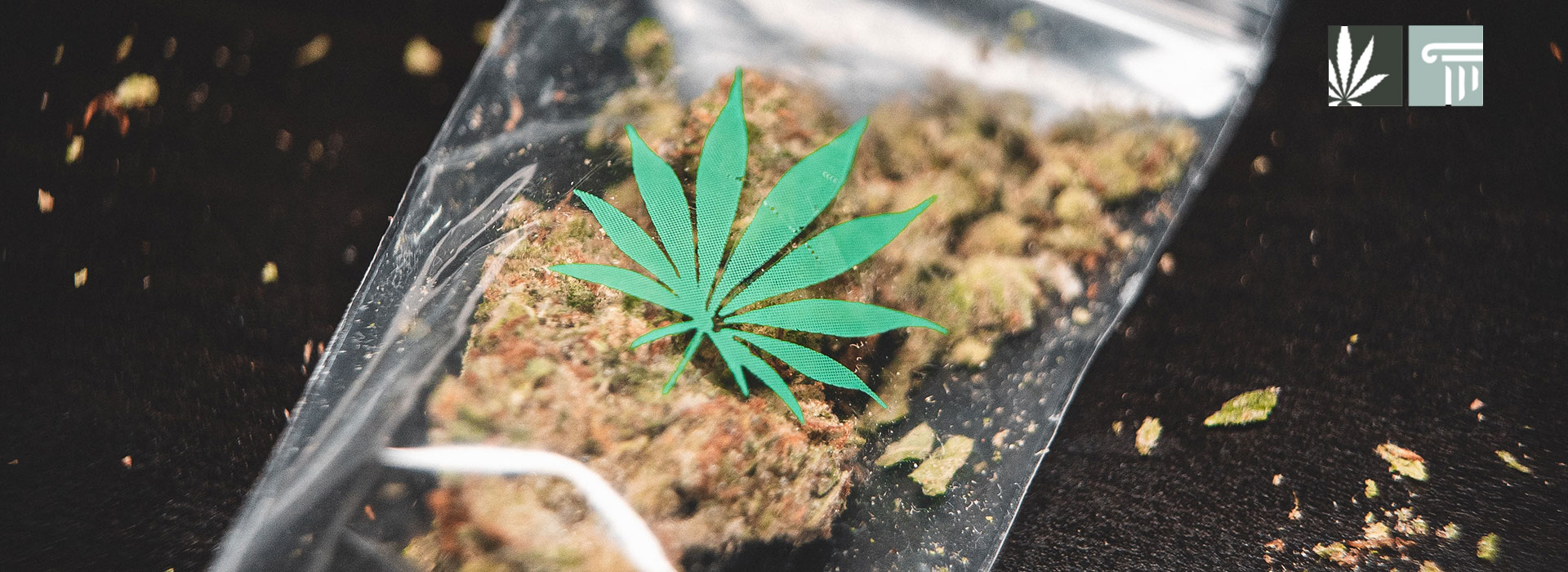A new study suggests an overwhelming majority of marijuana sales in Michigan still take place in the illicit market, nearly two years after the state launched its legal cannabis market.
The study, commissioned by the Michigan Cannabis Manufacturers Association (MCMA) and carried out by the Anderson Economic Group, reports that 70 percent of marijuana transactions in the state occur in the unregulated market.
The report further notes that Michigan’s cannabis industry, both legal and illicit, is worth around $3.2 billion, meaning the state coffers are missing out on significant revenues. Last year, Michigan’s legal cannabis industry generated around $169 million in taxes and revenues from licensing fees.
Stephen Linder, executive director of MCMA, said the purpose of the study was to educate policymakers and industry representatives on the shape Michigan’s marijuana market is taking to inform better decision-making in the future.
“The only way to make strategic decisions to move forward as an industry is to understand the market in which you’re operating,” Linder said. “And we thought the best thing to do, since nobody had taken the time to do it, was to do a baseline economic study.”
Why so many cannabis transactions are still happening outside of the legal marketplace in Michigan is down to a number of factors, according to Narmin Jarrous, chief development officer of the state’s first licensed recreational dispensary. She cites the high proportion of local jurisdictions that have opted out of legal sales, higher retail prices than the illicit market, an unwillingness to engage with the regulatory process, and anxiety about shopping in-store during the pandemic as some of the main reasons why the unregulated market has such a large share of marijuana sales.
“When you’re depriving these municipalities from having these stores, this is what happens. People do turn to the illicit market and you can’t really fault people for trying to get their medicine in every which way they can,” Jarrous said to WZZM. “If we try to mitigate some of those problems maybe we can drive more consumers back into licensed retail stores with safe, clean, tested marijuana.”
The most glaring example of a jurisdiction without retail dispensaries is the state’s largest city, Detroit, which had planned to issue cannabis business licenses from May 1, 2021. The delay is mainly due to a legal challenge against the city council’s social equity licensing plan which seeks to give first priority for marijuana business licenses to long-term and low-income city residents with a prior cannabis conviction. Last month, a federal judge ruled this approach is “likely unconstitutional” and so temporarily blocked city officials from processing recreational cannabis licensing applications, while Detroit’s city council considers its next steps.






